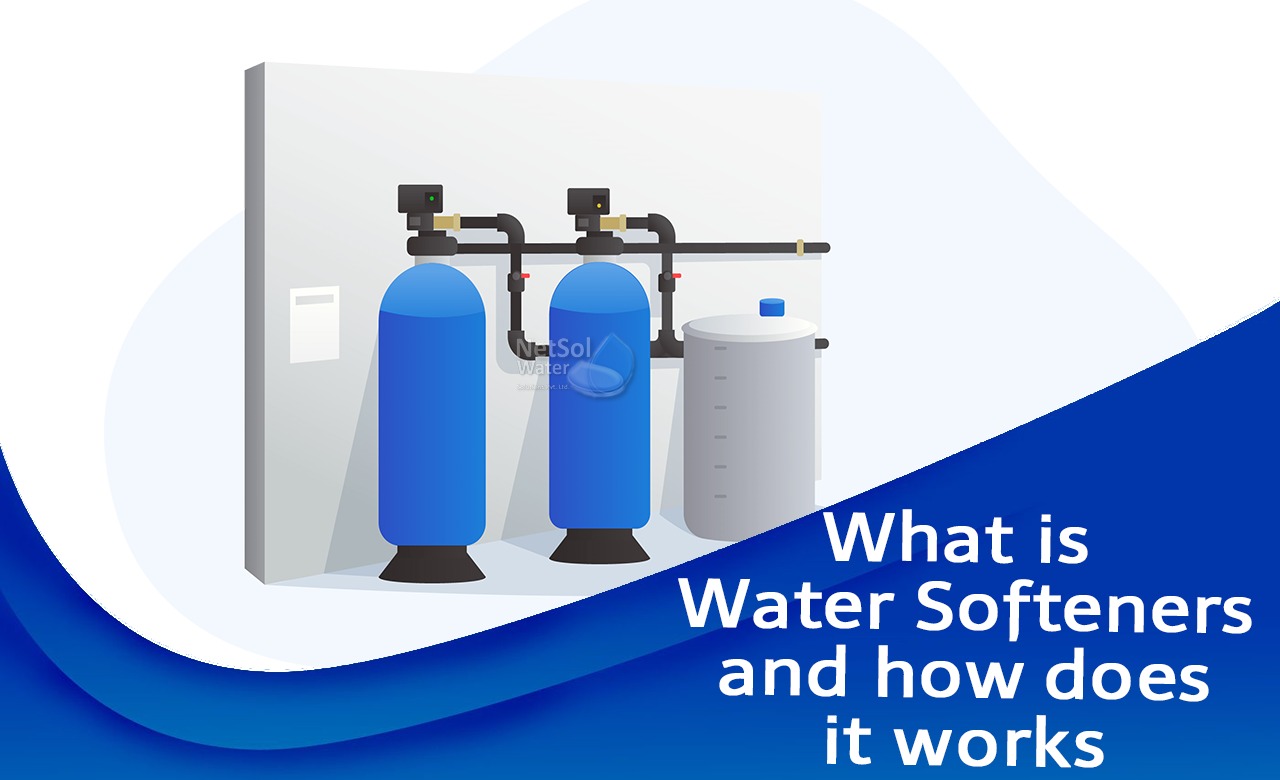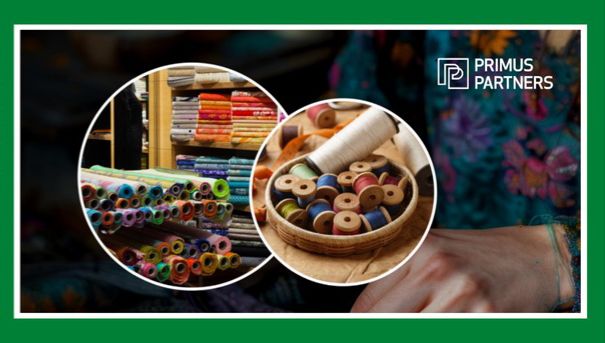
Follow WOWNEWS 24x7 on:
Updated: May 11, 2025 00:20

As the world turns its focus toward sustainable living, water softeners are emerging as a surprisingly powerful tool for eco-conscious households. Recent insights reveal that these devices do far more than just banish stubborn limescale and deliver spot-free dishes-they are key players in reducing environmental impact, saving money, and extending the life of your home’s appliances.
Key Highlights
Water softeners address hard water by eliminating the high levels of calcium and magnesium, which are the perpetrators of scale formation in pipes and appliances. Not only does this avoid clogs and inefficiencies but also prolongs the life of water heaters, washing machines, and dishwashers, keeping them out of landfills for a longer period and minimizing electronic waste.
By removing scale, softened water enables appliances to operate at maximum efficiency. This means less energy consumption, which equates to lower electricity or gas bills and a reduced household carbon footprint. Research indicates that households that use water softeners experience a quantifiable reduction in energy consumption, particularly for water heating.
Soft water cleans more efficiently, so you consume less soap, detergent, and cleaning chemicals. This cuts down on harmful chemical release into wastewater systems, keeping aquatic ecosystems safer and lowering the burden on municipal water treatment plants.
Softened water households also conserve thousands of gallons of water each year. Without having to rewash dishes or clothes and with less time spent cleaning soap scum, water waste is greatly reduced-a significant advantage in an age of increasing water shortages.
The water softener market is thriving, and by 2025, it is expected to reach $3.57 billion. Consumers are turning towards salt-free and template-assisted crystallization systems more and more, as they provide efficient softening with little or no environmental consequences. These newer technologies consume less water and salt, or no salt at all, and so are perfect for green-conscious households.
For the most environmentally friendly outcomes, professionals suggest combining water softening with other green practices: installing low-flow devices, collecting rainwater, repairing leaks immediately, and using phosphate-free cleaning agents.
Overall, water softeners are more than a nicety-they're a savvy, eco-friendly upgrade for any household. By enhancing efficiency, reducing chemical waste, and saving water and energy, they assist households in reducing their environmental impact while having cleaner, softer water every day.
Sources: Business News This Week, Simple Water Softeners, The Environmental Blog, Allied Market Research, WQRF Softened Water Benefits Study




